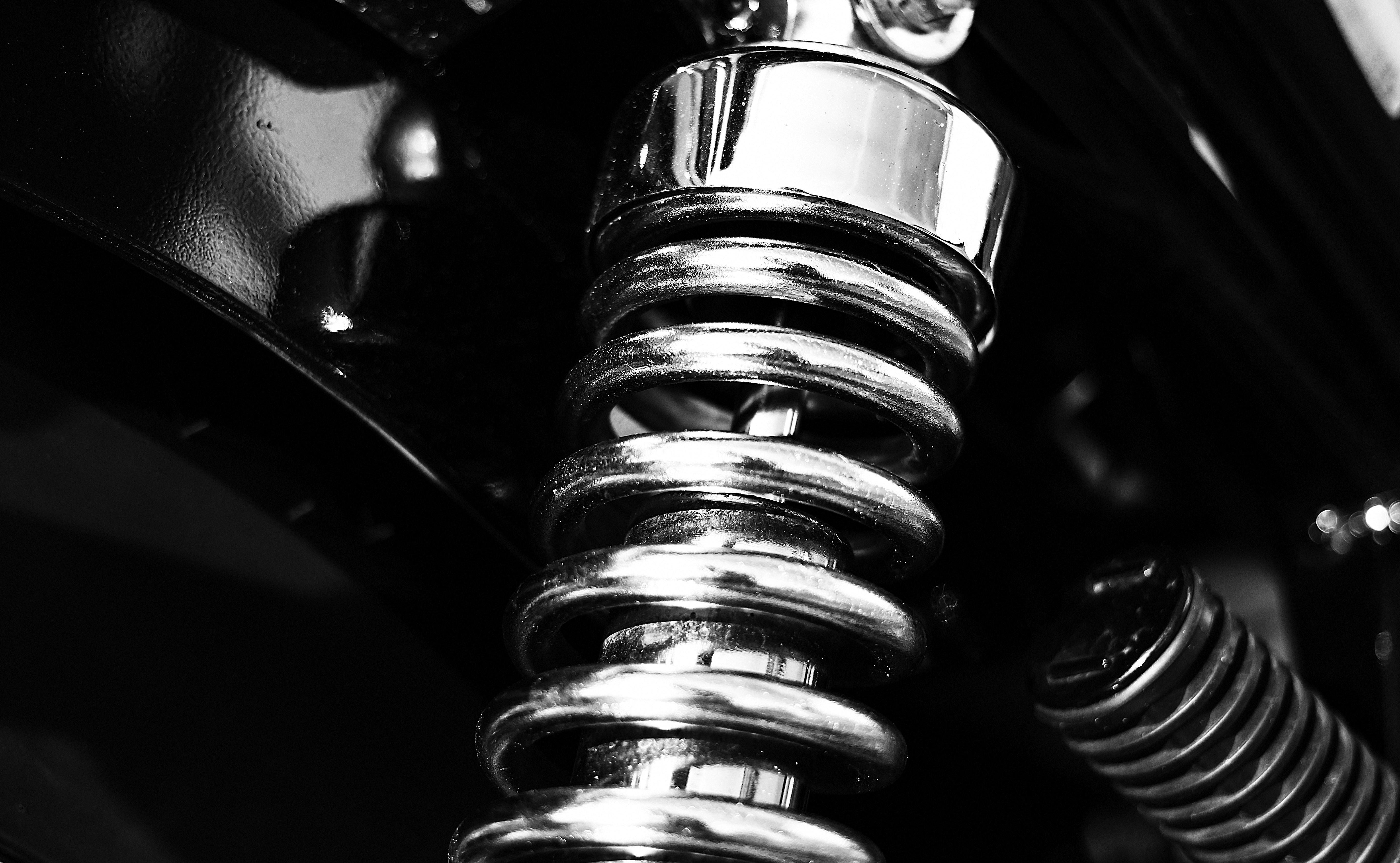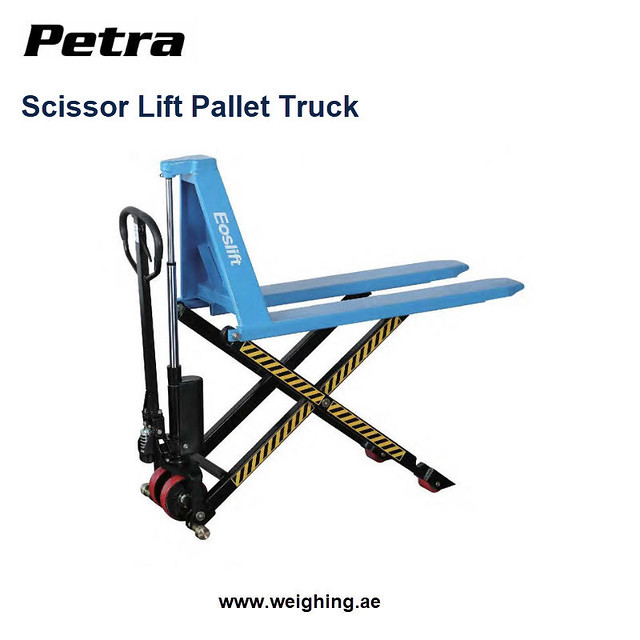How do you choose the best car shock absorber?
When it comes to your vehicle’s performance, few components play as crucial a role as the car shock absorber. Think of it as the unsung hero of your ride, silently working behind the scenes to ensure comfort and safety on every journey. Yet many drivers overlook its importance until issues arise. Understanding how to choose the best car shock absorber can make all the difference between a smooth cruise down the highway and an uncomfortable bumpy ride filled with wear and tear.
Are you noticing strange noises or feeling every bump in the road? It might be time for a change. Let’s dive into everything you need to know about selecting top-notch shock absorbers that suit your driving style and vehicle type perfectly!
What is a car shock absorber?
A car shock absorber is a vital component of your vehicle’s suspension system. Its primary function is to dampen the impact of bumps and road irregularities, ensuring a smoother ride.
These devices work by controlling the up-and-down movement of your wheels. When you hit a bump, the shock absorber resists that motion and helps keep your tires in contact with the road.
Shock absorbers are filled with fluid and utilize either hydraulic or gas pressure to manage energy transfer during driving. This mechanism reduces excessive bouncing and swaying, which can lead to loss of control.
In essence, they enhance both comfort and safety while driving. A well-functioning shock absorber contributes significantly to overall vehicle stability, making it an essential part for any driver seeking an enjoyable experience on the road.
Signs of worn out shock absorbers

Worn-out shock absorbers can significantly impact your vehicle’s performance and safety. One common sign is excessive bouncing. If your car continues to bounce after hitting a bump, it’s time to take action.
Another indicator is uneven tire wear. Check your tires for bald spots or irregular patterns; this could suggest that car shock absorber the shocks are not maintaining proper contact with the road.
You might also notice a decline in ride comfort. If you feel every little pothole or bump as if you’re driving on an unpaved road, worn shocks may be at fault.
Look out for fluid leaks around the shock absorber casing as well. Any visible leakage usually means they need replacing soon.
Listen for unusual noises while driving. Clunks and rattles over bumps indicate worn components that require immediate attention before they affect other parts of your vehicle.
Types of shock absorbers
Shock absorbers come in several types, each designed for specific driving conditions and preferences.
The most common type is the **twin-tube shock absorber**. It features two tubes: one for oil and another for gas. This design provides a smooth ride under normal conditions.
Then there’s the **monotube shock absorber**, known for its single tube construction that houses both the piston and hydraulic fluid. This design allows better heat dissipation, making it ideal for performance vehicles.
For off-road enthusiasts, **coilover shocks** are popular due to their adjustable height and damping settings. They offer versatility on rugged terrain while ensuring comfort on regular roads.
Air shocks use compressed air to adjust stiffness and ride height dynamically. These are particularly useful for those who tow heavy loads or require custom adjustments based on varying driving needs.
Factors to consider when choosing a shock absorber
When choosing a car shock absorber, several factors come into play. First, consider your driving style. If you frequently navigate rough terrains or enjoy spirited drives, opt for performance-oriented shocks.
Next, think about your vehicle’s make and model. Compatibility is crucial; not all shock absorbers fit every car. Research specifications to ensure proper installation.
Load capacity also matters. If you carry heavy loads regularly, look for high-capacity options that provide better support and stability under pressure.
Don’t overlook the type of suspension system in your vehicle—whether it’s independent or dependent can influence which shock absorber will work best for you.
Budget plays a role too. While premium brands often deliver superior performance and longevity, many reliable mid-range options exist that won’t break the bank yet still enhance ride quality significantly.
Top brands for car shock absorbers
When it comes to car shock absorbers, selecting a reputable brand can significantly affect your vehicle’s performance. Some names stand out in the industry for their reliability and innovation.
Monroe is one of the leading brands, known for its extensive range of products designed for various driving conditions. Their shocks offer a blend of comfort and control that’s hard to beat.
Bilstein also deserves mention. Renowned for high-quality engineering, their shock absorbers are favored by enthusiasts and professionals alike. They provide exceptional durability under tough conditions.
Another noteworthy option is KYB, which offers a variety of shocks tailored to different vehicles. Their focus on technology ensures that drivers experience enhanced stability and handling.
Rancho specializes in off-road applications, making them ideal for those who venture beyond paved roads. Each brand brings unique features that cater to specific needs within the diverse world of automotive suspension systems.
Installation and maintenance tips
Proper installation of your car shock absorber is crucial for optimal performance. Always refer to the manufacturer’s guidelines for specific instructions. shock absorber manufacturers Using the right tools and ensuring that you have a clean workspace can make a significant difference.
Before installing, inspect all components for wear or damage. This includes bolts, bushings, and mounts. Replacing worn parts during installation can save time later on.
Once installed, regular maintenance is key to longevity. Check your shock absorbers every few months for signs of leaks or corrosion. A visual inspection can often reveal issues before they escalate.
Keep an ear out for unusual noises while driving; these could indicate problems with your shocks. Additionally, ensure proper alignment after any replacement work to maintain stability and safety on the road.
Maintaining proper tire pressure also supports the functionality of shock absorbers, enhancing overall ride quality and handling.
Conclusion

Choosing the best car shock absorber is crucial for your vehicle’s performance and safety. Understanding what a shock absorber does helps you appreciate its importance. Recognizing the signs of wear can prevent further damage to your vehicle.
With various types available, from twin-tube to monotube shocks, it’s essential to consider factors like driving style and terrain when making your choice. Top brands offer reliability and quality, enhancing ride comfort and control.
Installation may seem daunting, but with proper guidance or professional help, it becomes manageable. Regular maintenance ensures longevity and consistent performance of your shock absorbers.
Taking these aspects into account will lead you toward finding the ideal car shock absorber that suits both your needs and driving habits perfectly. Investing time in this decision pays off in improved handling while ensuring a safer ride on any road condition.



